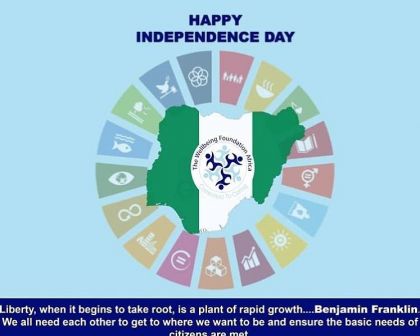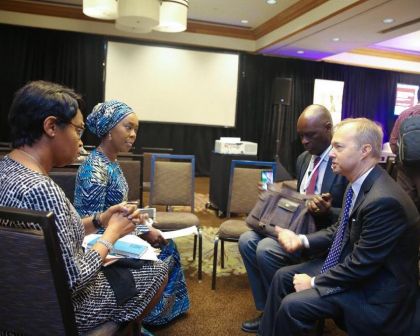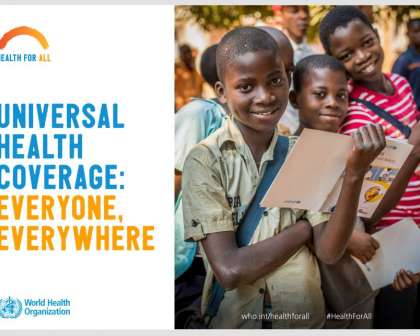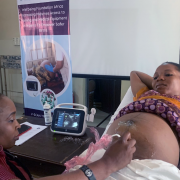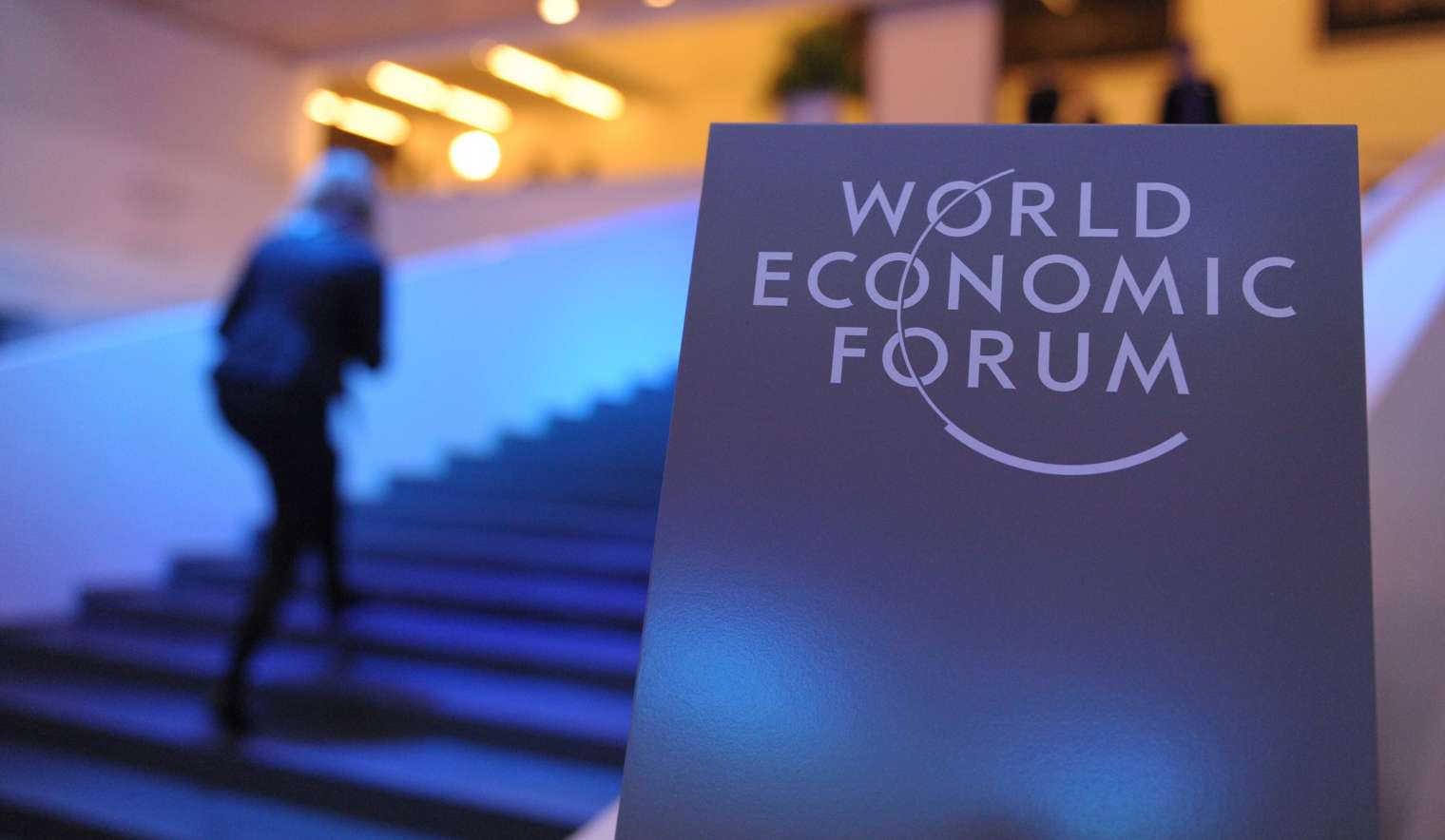
Davos: On the path towards gender equality
Gender equality made it to the top of the global agenda at the World Economic Forum. Now we must also look for solutions.
The World Economic Forum held in Davos last week brought together global decision makers, politicians and leaders to discuss the world's most poignant issues. This year, it has been reassuring to see gender equality at the top of the global agenda. Yet far more needs to be done to support the plight of women, especially in the developing world. Improving access to healthcare and education is an obvious first step in our fight against gender inequality.
Last year the debate on gender equality was propelled from what was once a niche talking point of small minority groups, to the pinnacle of mainstream media and public policy debate. Various factors triggered this propulsion - the #MeToo campaign, a growing awareness of the global gender pay gap, and an increasingly vocal female population that spoke out against the injustices women face all formed part of the fabric of change that is reaping results now. We have seen some improvements to the state of women around the world, and for this I am thankful. But it would be naive to conceive that the battle has been won.
Gender equality was at the forefront of Davos last week. In a highly moving speech, Canadian Prime Minister Justin Trudeau iterated that tackling gender inequality should be a key priority to enhancing economic growth, and will be key in living up to proclaimed standards of moral responsibility and social justice. A long advocate of gender rights, Mr. Trudeau became Canada's first prime minister of a gender-equal parliament in Canadian history. Mr. Trudeau and others set the tone at Davos, paving the way for gender equality in the future. Now these sentiments must be translated into action. We need governments and civil society to put gender equality at the forefront of governance and practice, and to ensure that the issue is overlooked and undermined no longer. We must also look for solutions.
Gender inequality exists globally, but is heightened in concentrated pockets around the world. Women in my native Nigeria, for example, experience a host of gender-specific challenges in addition to those faced in many Western countries - child marriage, FGM, and limited access to reproductive healthcare are just a few of the difficulties that Nigerian women face on top of the struggles experienced by women elsewhere. In Nigeria, despite making up 49 percent of the population, women accounted for just 4 percent of lawmakers in 2016. What's more, Nigerian women own just 20 percent of enterprises in the formal sector and assume just 11.7 percent of Board Director positions in the country. Sadly, 43 percent of girls in Nigeria are married before their 18th birthday.
There has been progress towards gender equality globally over the past decade, and gradually awareness of gaping gender disparities is rising. Yet countries like Nigeria continue to lag behind countries like Canada, or the UK, and it is not alone. Nigeria's situation is reflected widely across the West African region and beyond, highlighting the truly global nature of the problem addressed by Mr. Trudeau.
Fellow gender rights activist Malala Yousafzai appeared on a panel alongside Mr. Trudeau last week, and made her own critical contribution to the debate, stressing the urgency of ensuring equal access to education around the world. This is a key step toward reaching gender parity and draws attention to the need for investment in girls’ education in countries where education is not universal. Another invaluable area for investment with proven positive impact on gender equality is healthcare, particularly maternal and reproductive healthcare. Ensuring that there is 'health for all' will go a long way in reducing the gender gap, while also reducing poverty and driving economic growth. These areas deserve prioritisationand commitment and I urge international institutions and governments to respond to the critical needs of women globally. It is heartening to see the World Health Organization committing to universal health coverage and this will go along way in achieving gender equality and improving health and social outcomes for women.
During a meeting I had with the Canadian Equalities Minister last year, we discussed our shared vision of a world in which men and women live as equals. Whether in Canada or Nigeria, the mantra of equality resonates just as clear. It is occasions such as Davos that give voice to global issues like gender equality, and have the power to set the cogs in motion. We must ride the momentum that these rifts have caused.
Source: trust.org
Share this Article

Toyin Ojora Saraki
Toyin Saraki is Founder-President of the Wellbeing Foundation Africa (WBF Africa), a pan-African maternal health and wellbeing charity. WBF Africa has become one of the most influential and active organisations in the area of maternal, newborn and child health (MNCH), working across sectors to deliver innovative solutions such as its flagship WBFA IMNCH Personal Health Record© and the MamaKit. WBF Africa goes beyond aid; it is dedicated to advocacy and the formation of best practices in health, education, women’s empowerment and social welfare. A qualified barrister, Toyin Saraki built a successful private sector career before dedicating the last 21 years to philanthropy.
Read More

